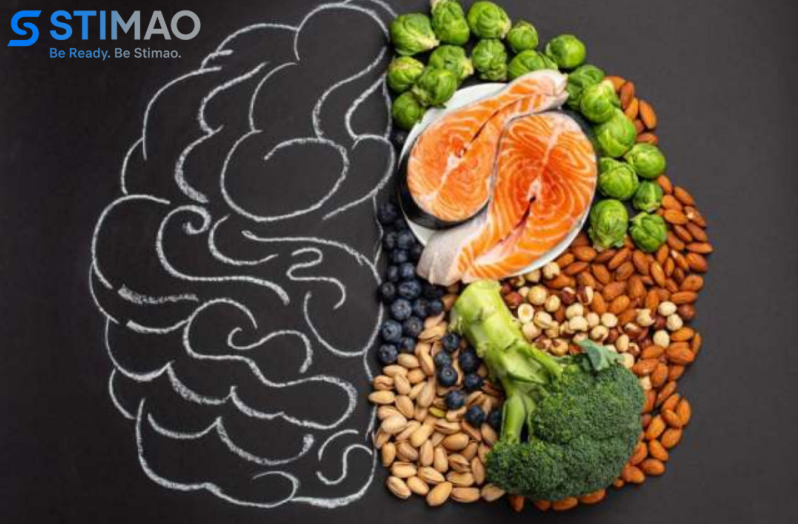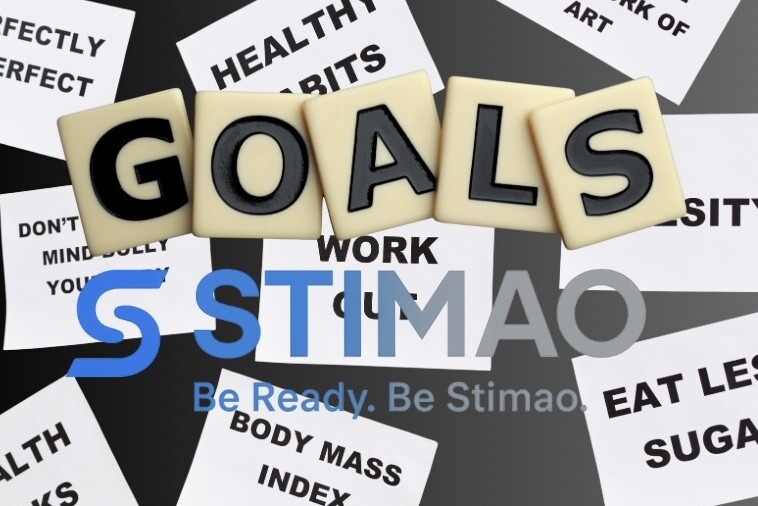
Diet and mood, they’re kind of a big deal. Ever notice how a bad day can turn around with a good meal? There’s some deep science behind the connection between brain chemistry and what you eat. Nutrients are like the VIP backstage passes to your brain. They influence neurotransmitters, those little messengers that play a big role in regulating mood. Think of serotonin and dopamine—the brain’s own “feel-good” chemicals. Yep, what you eat directly affects their production and function.
Scientific research keeps backing this up. Diets rich in fruits, veggies, whole grains, and healthy fats like omega-3s have been linked to better moods. Throw in some vitamins and antioxidants, and your brain’s on its way to a happier place. It’s like giving your mental state a nourishing hug. Omega-3 fatty acids, for instance, are like the brain’s best friend, keeping depression at bay and mood swings in check.
Then there’s the flip side. Missing key nutrients can really put a damper on things. Deficiencies, especially in B vitamins, iron, or zinc, can lead to irritability or even full-on mood disorders. It’s like your brain’s trying to run a marathon without water—it just can’t function at its best.
Can’t ignore gut health, either. The gut is like a second brain, influencing how happy or stressed you feel. A healthy gut microbiome, filled with good bacteria from foods like yogurt or sauerkraut, can boost your mood. It’s pretty much like having an internal cheerleading squad. Not just a one-way street here; your mood can mess with your gut too. Ever felt butterflies when nervous? That’s your body talking.
So, if you’re thinking about making some changes, remember: it’s all connected. A balanced diet isn’t just good for your body—your mind will thank you, too. Start slow, maybe swap out some snacks for healthier options, and see if it helps how you feel day to day.
Interplay of Mood and Eating Behaviors: Emotional Eating Explained
Emotions have a sneaky way of influencing what and how we eat. “Emotional eating” is something we’ve all navigated through at some point. Stress, joy, or even boredom can drive us to the pantry. It’s like food becomes a go-to sidekick for mood management.
Food cravings on a bad day? Turns out there’s a real two-way street between your state of mind and eating habits. Sometimes our mood tells us to reach for that slice of cake, and other times, those very foods swing us back to a calmer emotional state. But what’s really going down inside those brain pathways? Hormones like serotonin and dopamine—not just ruling the mood game but also tagging along for the food ride.
Understanding emotional eating involves diving deep into how stress can alter eating behaviors. Stress elevates cortisol levels, pushing us toward calorie-rich “comfort” foods. That’s the science, but it’s wrapped up in the complexities of personal habits, deeply influenced by societal pressures and individual psychology.
Feeling down can sometimes trick us into binge eating, promising short-term satisfaction but often leaving us feeling worse after. The key is not just in resisting the urge but practicing mindful eating—paying attention to hunger cues and savoring each bite. It’s like training the mind and body to communicate better.
Life’s unpredictable, and sometimes a chocolate bar feels like the only friend in the room. The goal isn’t to avoid comfort foods altogether but to find a balance. Think of incorporating foods that boost mood naturally, like nuts, fruits, and fish, instead of making a quick sugar rush your main therapist. Embrace these small changes and notice the difference in how you feel, not just physically but emotionally too.





